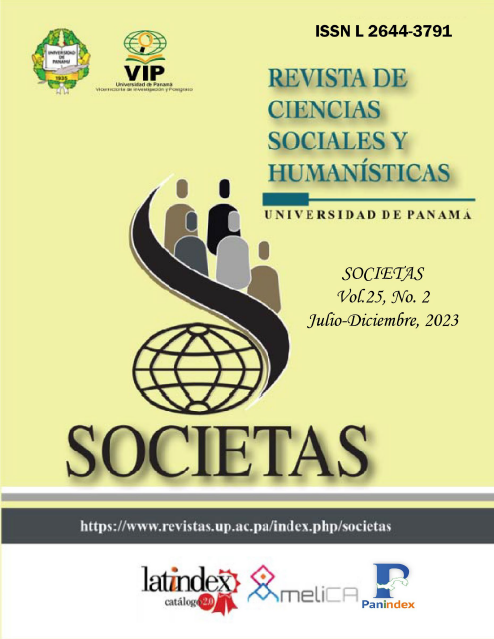

Copyright (c) 2023 Societas

This work is licensed under a Creative Commons Attribution-NonCommercial-ShareAlike 4.0 International License.
The research is part of a brief historical focus on how political elites, since the birth of democracy, have done everything possible to influence the masses when making public decisions. In this sense, the article begins by examining the use of rhetoric as an instrument used by the sophists to win popular support for their own benefit. Whose key strategy to obtain the consent of the audience, was to include in his argumentation the religious beliefs, opinions and thoughts of the public and, in this way, to obtain the ovation of the crowd by listening with pleasure to their own judgments and concepts. Hence the disapproval of the democratic system, on the part of the thinkers of ancient Athens, considering that the people, being ignorant, are easy to convince on issues that often go against the laws and interests of the political community. Finally, it reflects on how, in modern democracy, the demagogue speaker of the polis has been replaced by an "invisible" authority that uses scientific knowledge of human nature as a tool of domination. Therefore, knowing the audience remains, today, an important strategy, just as the sophists did many centuries ago, to influence the masses.